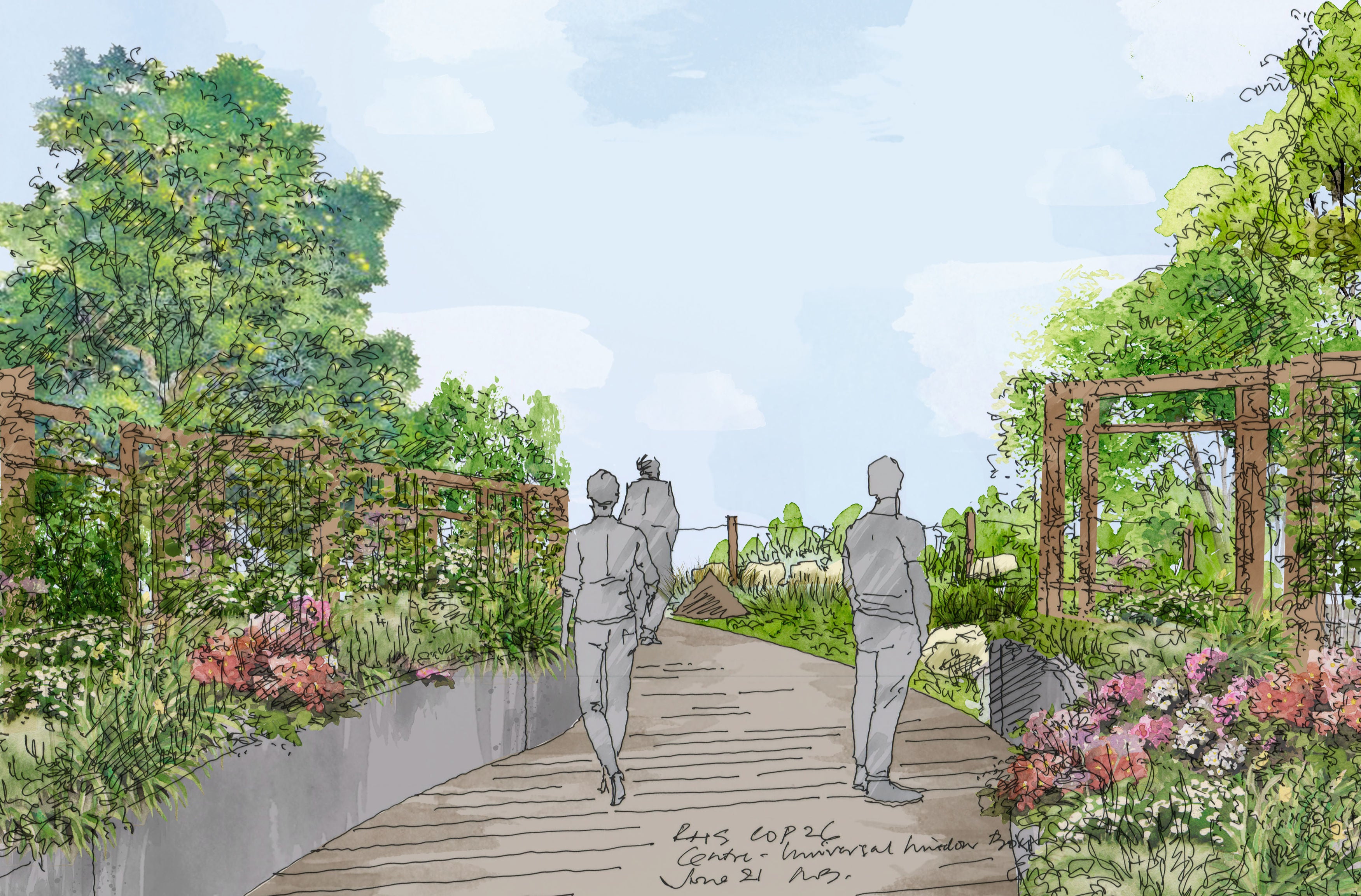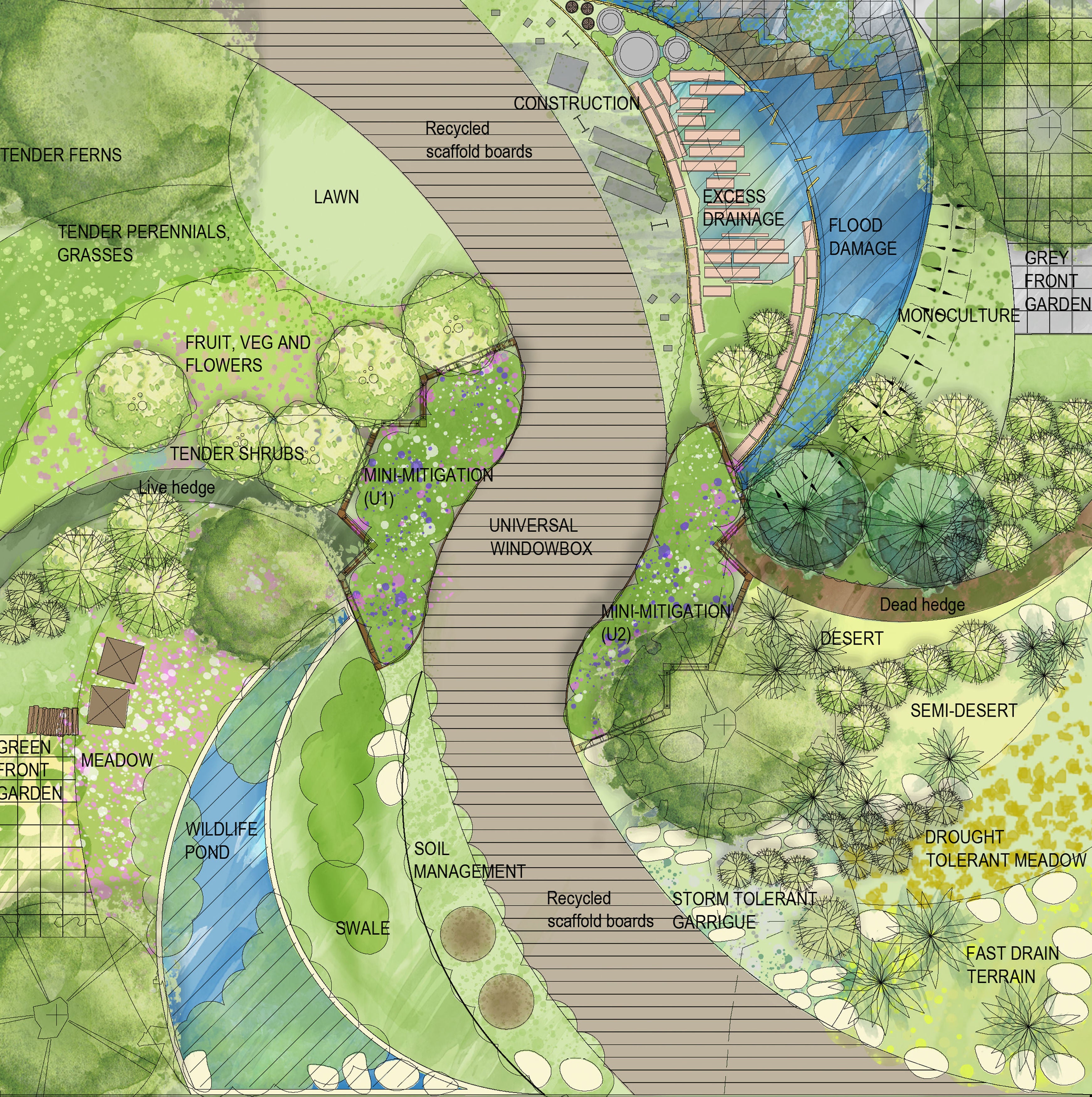Chelsea Flower Show to feature garden with ‘strong political message’
The RHS hope that their Cop26 garden will inspire change and attract the attention of government

Your support helps us to tell the story
From reproductive rights to climate change to Big Tech, The Independent is on the ground when the story is developing. Whether it's investigating the financials of Elon Musk's pro-Trump PAC or producing our latest documentary, 'The A Word', which shines a light on the American women fighting for reproductive rights, we know how important it is to parse out the facts from the messaging.
At such a critical moment in US history, we need reporters on the ground. Your donation allows us to keep sending journalists to speak to both sides of the story.
The Independent is trusted by Americans across the entire political spectrum. And unlike many other quality news outlets, we choose not to lock Americans out of our reporting and analysis with paywalls. We believe quality journalism should be available to everyone, paid for by those who can afford it.
Your support makes all the difference.The Chelsea Flower Show will feature a garden with a “strong political message” this year that designers hope will attract the attention of government.
The Royal Horticultural Society plot will aim to highlight how gardening can play a role in tackling climate change ahead of the United Nations climate summit (Cop26).
The talks are set to be held in Glasgow in November, while the Chelsea Flower Show has been moved to the autumn for the first time in its history because of coronavirus.
The garden, designed by landscapers Balston and Marie-Louise Agius, will be split into four themed areas that contrast environmental issues with potential solutions.
One area will represent ‘decline’ and include features such as a paved-over front garden and monoculture lawn and another will represent ‘adaption’ and be filled with drought-tolerant desert plants.
The third and fourth areas will symbolise ‘mitigation’ and ‘balance’, the former featuring a wildlife pond and green front garden and the latter displaying an environmentally-friendly cottage garden.

Ms Agius said that she hopes people will take home ideas from the show because “we each have an individual responsibility and opportunity to contribute towards improving climate change”.
The RHS, meanwhile, aim to promote the idea that the UK’s 30 million gardeners can help to protect wildlife, capture carbon and manage increasingly extreme weather conditions.
RHS director-general Sue Biggs said that she hopes the government will “listen” to the message their Cop26 garden is trying to convey.
“It’s got a very strong political message, we want everybody in the country to listen,” she said.
“We do particularly want government to listen because we want to support their environment plan, we are in agreement with them, but they also need to acknowledge the power of horticulture.
“I do think it’s still seen as a poor relation to agriculture. Open spaces, national parks, farming and forestry is big boys’ stuff, gardening isn’t seen in the same league – and it’s time for that to change.”
Ms Biggs added that she would like to see funding for research on how gardening can help tackle climate change and to invest in education to bridge the “green skills gap”.
But although the RHS has shifted its focus to climate-friendly gardening in recent years, campaigners point to more traditional practices – such as planting and cultivating single-crop lawns and the use of pesticides and nonrenewable peat moss – as threatening biodiversity and harming the environment.
Critics are also likely to question the extent to which managing small, privately-owned green spaces is likely to make a meaningful impact in the face of the spiralling climate emergency.
Join our commenting forum
Join thought-provoking conversations, follow other Independent readers and see their replies
Comments